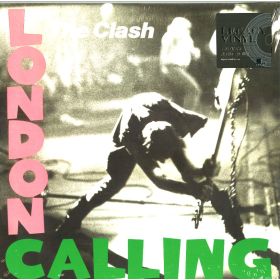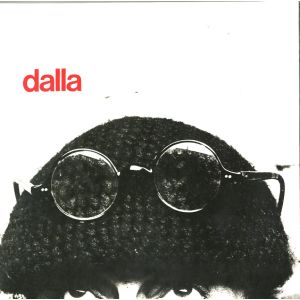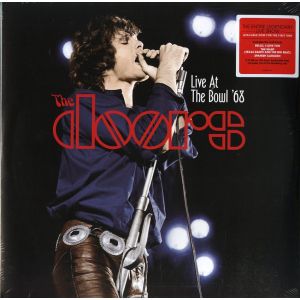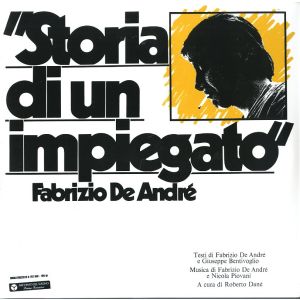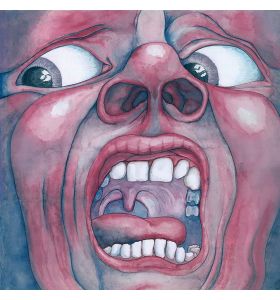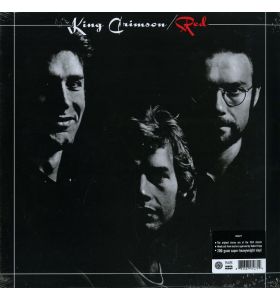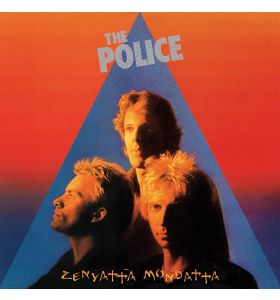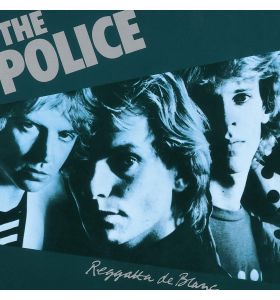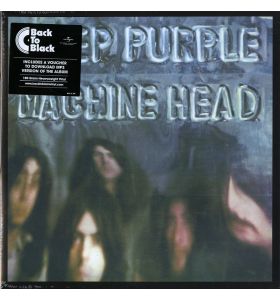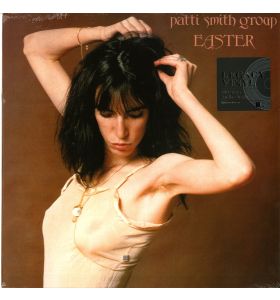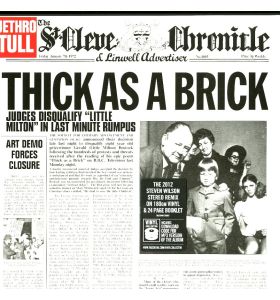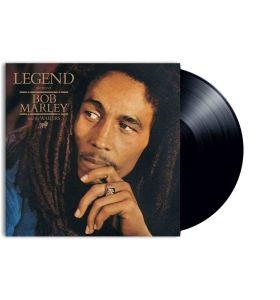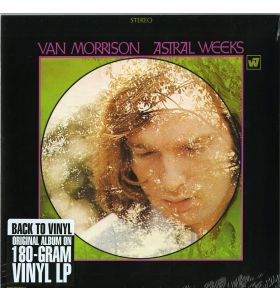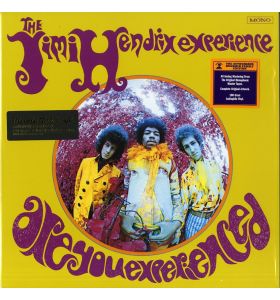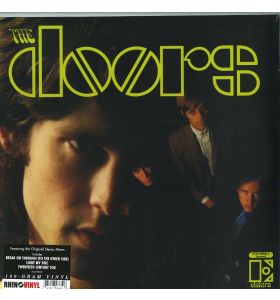The Clash - London Calling (Legacy Edt.)
Vinyl 180g, 2 Lp, Album, Legacy Edition | Label: Sony Music Uk | Year of Release 2015
Se effettui un ordine superiore a € 300 con due o più prodotti, la spedizione sarà gratuita. Le tempistiche stimate di spedizione sono indicate.
Paga in modo semplice e sicuro con Carta di credito, Contrassegno, AMEX, PayPal e Bonifico bancario. La tua privacy è garantita da connessioni sicure.
Tutti i prodotti sono coperti da Garanzia convenzionale di 2 anni. Risolviamo problemi di qualsiasi natura con professionalità e correttezza.
Solo tramite eMail dal Lunedì al Venerdì dalle ore 9:30 alle 15:00.
Vinyl 180g, 2 Lp, Album, Legacy Edition | Label: Sony Music Uk | Year of release: 2015 | Genre: Punk Rock | 19 Tracks
ARTIST: The Clash
ALBUM: London Calling
LABEL: Sony Music Uk
FORMAT: Vinile 180g, Lp, Album, Legacy Edition
RELEASE DATE: 28/08/2015
FIRST PUBLICATION DATE: 14/11/1979
GENRE: Punk Rock
TRACKS:
All tracks are credited to Joe Strummer and Mick Jones, where not otherwise stated.
Disc 1
London Calling - 3:20
Brand New Cadillac - 2:08 (Vince Taylor)
Jimmy Jazz - 3:54
Hateful - 2:44
Rudie Can't Fail - 3:29
Spanish Bombs - 3:18
The Right Profile - 3:54
Lost in the Supermarket - 3:47
Clampdown - 3:49
The Guns of Brixton - 3:09 (Paul Simonon)
Disc 2
Wrong'em Boyo - 3:10 (Clive Alphonso, accreditato come "Alphanso")
Death or Glory - 3:55
Koka Kola - 1:47
The Card Cheat - 3:49
Lover's Rock - 4:03
Four Horsemen - 2:55
I'm Not Down - 3:06
Revolution Rock - 5:33 (Jack Edwards, Danny Ray)
Train in Vain - 3:09
FORMATION
Group
Joe Strummer – voce, chitarra ritmica, pianoforte
Mick Jones – chitarra solista, voce, pianoforte
Paul Simonon – basso, voce
Topper Headon – batteria, percussioni
Other musicians
Mickey Gallagher - organo Hammond
The Irish Horns - fiati
Credits
Guy Stevens - produzione
Bill Price - capo ingegneria del suono
Jerry Green - ingegneria del suono
Pennie Smith - fotografia
Ray Lowry - design
"The album is suspended between past, present and future, starting with its historical cover with the reference to Elvis' debut. When compared, the two covers feature the same artwork; both feature a black-and-white photo taken during a live performance. On the one hand, this declared similarity as a tribute to an enduring American legend is striking, but on the other hand, the analogy highlights what would appear to be a jarring contrast: the photo on the inspirational cover depicts Elvis singing at the top of his lungs while holding his guitar; the other, on the other hand, shows the Clash's bassist Paul Simonon angrily smashing his instrument to the ground during a concert at the New York Palladium.
The cover's great communicative effectiveness lies in its contradictory nature: in it is an exemplary essay of the Clash's love/hate relationship with the States and its mythologies. The contrast also seems to evoke again the generational clash, the one on which punk had founded its creed. Yet, the citationist intent also brings with it the overcoming of the contrast, through the recovery of its ideal past. After all, punk had been a renewed explosion of rock and roll: in 1977, the death of the 'King of rock and roll' coincided with the rebirth of the original r'n'r in the guise of punk. But it was only with 'London Calling' that that legacy came fully into consciousness: the young Elvis of the 1950s was no longer a father to be disowned (that was, if anything, the fattened Elvis of the 1970s), but became a tutelary deity, the symbol of that original rebellion that gave birth to rock culture. The generational clash was thus transformed into the consciousness of an inter-generational phenomenon. When 'London Calling' soon assumed the depth of a masterpiece, the cover itself ended up becoming more famous and, paradoxically, more 'classic' than its inspirer."
Credit by Ondarock.it



